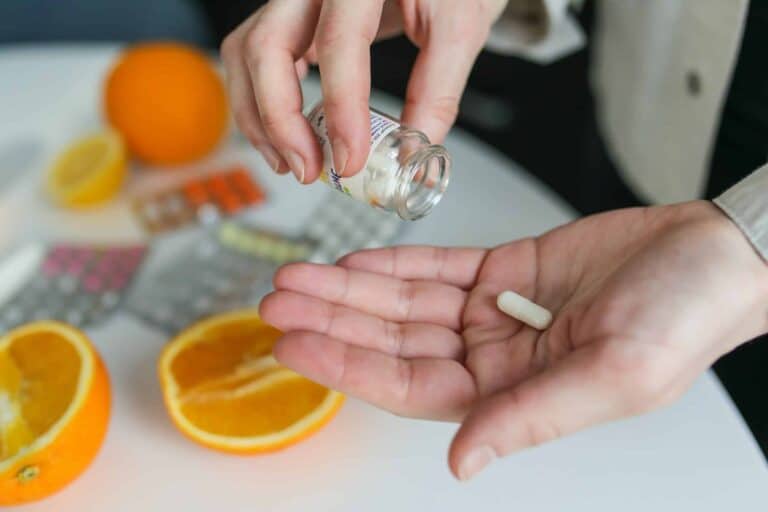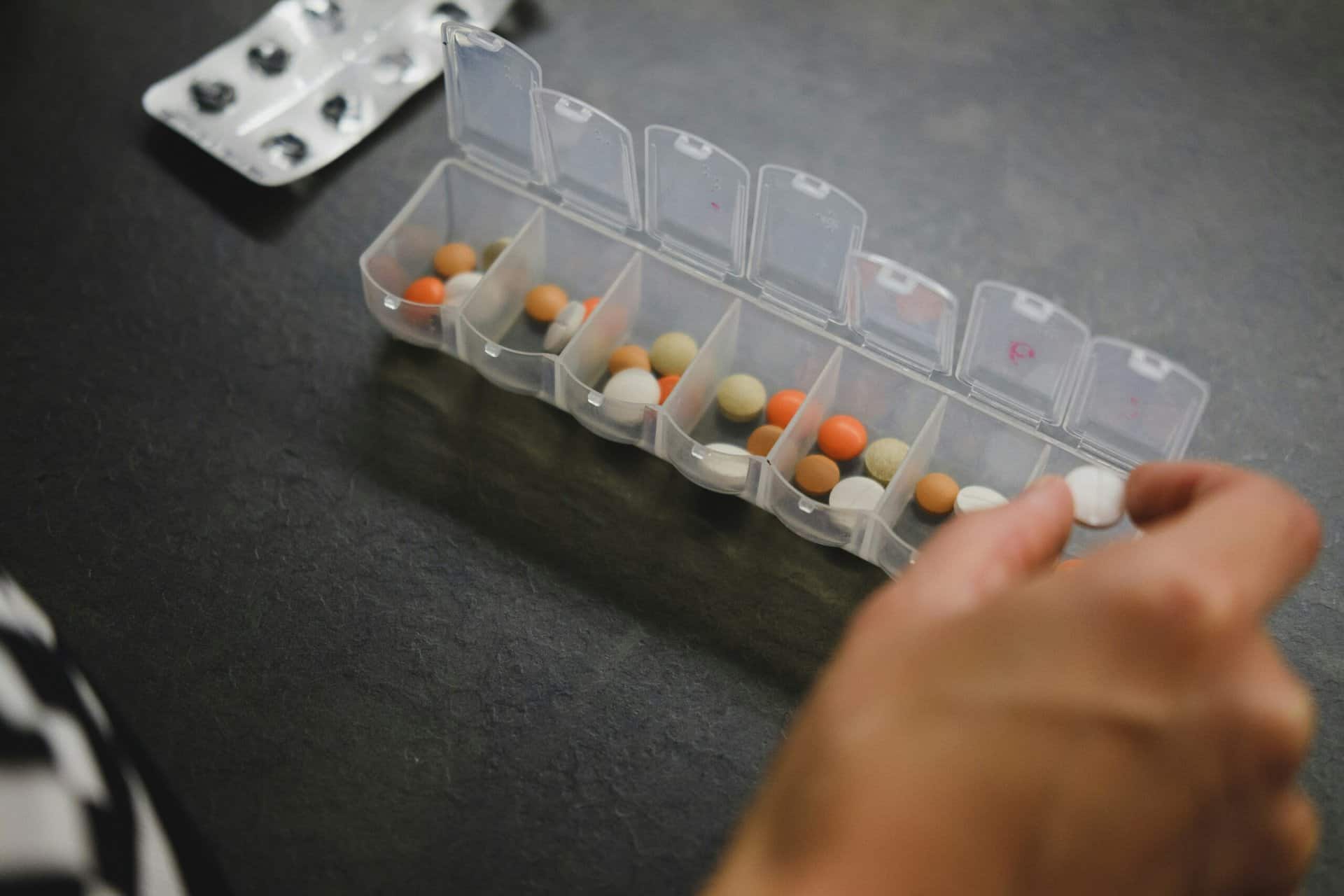A few weeks ago, I blogged on a natural essential oils recipe you could use as Bug Repellent – mostly focusing on those pesky (and disease-carrying) mosquitos. Back Off You Biting Bugs – Candy McCune
In that blog I addressed the DEET-based insect repellents as well as my position on being more “natural” in response. But, as I try to do, I shared information from varying sources so you have a more rounded out picture of the options.
After the blog went out, one of my readers, an author of several books, and one who holds B.S. degrees in medical technology and microbiology, responded with an option for backing off those Biting Bugs that I did not share in my blog (because I did not know about it). But Nickie Dumke has the same bent as I do about seeking out healthy alternatives – of the natural kind. Plus, I put a lot of stock in what she recommends.
So here is what she added to the “options” for a more natural way to “back off those biting bugs”.
“I’m WITH YOU on not using chemical mosquito repellants, but over 40 years ago, an allergy doctor’s nurse told me a totally non-smelly way to repel bugs, which is better for people with a tendency to be allergic to things that are inhaled.
Vitamin B1 (thiamin), 100 mg, taken an hour or more before you’re planning to be out during mosquito season, especially in the evening, will keep them away. It’s a water soluble vitamin so totally safe to use daily as long as you’re also taking a “multiple” that has all the B vitamins in it, so you don’t get the ratios of them unbalanced.”
Nickie’s Healing Basics e-book added her personal story. When she expected to be gardening, which occurred many evenings in the summer, she took the precaution of taking a B1 tablet at lunchtime (closer in time proximity to when she would be gardening than if she took it in the morning) – she escaped being bitten.
As a great tip, she added that if B1 seems not to be working, smell the tablets. She once had a bottle of B1 that did not work, bought another brand and when she opened the bottle, she could smell the slightly unpleasant odor of B1. This echos my warning in the past with regard to supplements — if you can use only ones that are independently 3rd-party tested, that is the best.
And in the hope to give you a fair amount of support for anything I share, I checked specifically on the alternative of using vitamin B1 as a repellent. And I found support for what Nickie was saying.
In support of Vitamin B1 as a natural repellent, and the dosage shared by Nickie, was an article stating that vitamin B1, or thiamine, that’s “discarded” by the body produces an odor that is “unbearable” for mosquitoes. There we go, that supports what we have been saying about the odor factor.
Plus, their recommendation was of the same amount, 100 grams of vitamin B1 plus a supplement of vitamin B. (Interestingly, they mentioned including natural repellents of essential oils from eucalyptus lemon, cinnamon, vanilla and citronella.)
Another source, The People’s Pharmacy, in response to the question “can thiamine keep mosquitoes from biting” affirmed what Nickie said about B1. That author also learned of B1 from an OR RN who recommended he start taking one 100mg-tablet daily, 2 weeks before he left for Canada. His words, “It worked like a charm. Mosquitoes would descend upon our boat and land on my bare skin and then take off without biting! I was able to enjoy fishing without being bitten once. I swear by the vitamin B1.”
Of course, you can find some sources and studies, as I did, that found B1 did not keep mosquitoes from biting but it was also admitted that scientists have rarely studied whether taking vitamin B1 orally is effective as a mosquito repellent.
One source reiterated the point I made in the prior blog that “most commercial repellents and insecticides have chemical compounds that can compromise human health, especially that of children.” The source also stated that these products fail to control the populations of mosquitoes that continue to grow and bite millions of people around the globe.
So, it is up to us to protect our body, right? And how you do that is your choice.
But maybe it helps to get this additional information about how the enemy (mosquitoes) operate. This source said mosquitoes are attracted to chemicals that are expelled by the human body – even from up to 150 feet away, they can detect the smell that emanates from the bacteria that we have on the skin.
The source added that mosquitoes also like lactic acid, ammonia, carboxylic acid and octenol that are expelled by breathing and sweating. I have always wondered why mosquitoes bite me and not others. This intrigued me. So I searched a bit more.
I had always heard that mosquitoes bite people who have sweeter blood, but another article stated the studies indicate that it’s actually a genetic factor that attracts them (researchers at University of Nottingham, UK and University of Florida were cited – they used identical and fraternal twins). Here’s their summary:
- Mosquitoes tend to attack during the hours around dawn and dusk
- That annoying hum near your ear is them checking you out to see if you are a worthy meal
- Mosquitoes know your genetic makeup through your body odor, essentially
- Getting more specific they described pregnant women as targets as well as people with more muscle mass or fat content
- But particularly, researchers announced people who accumulate more of a certain type of bacteria, especially staphylococci, on their skin are more likely targets
- Source of odors? Listed were alcohol, garlic, onion, pepper, nylon clothing, perfumes, deodorants
So, as I shared in the previous blog, how bug repellents work is that they mask the odors that attract mosquitoes to humans, or it may confuse their odor-sensing abilities and just register as an odor to be avoided. It seems important to control the odor to help prevent getting bitten.
Add another factor – your body temperature. I had not seen this one before. But research published by the BBC suggests that once mosquitoes have targeted you by sight, smell and temperature, you are their most-desired target. Body heat, they said, is usually perceived from a close distance and can ultimately trigger the attack.
One more perspective on our topic came up – I will share it and then make my point afterwards.
Although DEET can keep mosquitoes from biting, so can picaridin and oil of lemon eucalyptus (Wilderness Environmental Medicine, March 2016). In fact, these topical repellents are better than DEET at protecting people from ticks, blackflies, midges and sandflies. Perhaps someday soon, topical thiamine hydrochloride will join the list of effective alternatives to DEET.
OK – my point. Just as we need to do with nutritional supplements, we need to get educated and then do our own evaluation. What works for you? How does it work best in your life and on your body? And, of course, you have to be honest about your level of diligence and length of trial in order to get accurate readings on the answers to these questions.
Guinea pigs? Lab rats? We are the best source of what works and does not. Hope these two blogs will help you find an effective answer to “Back Off Those Biting Bugs”.



